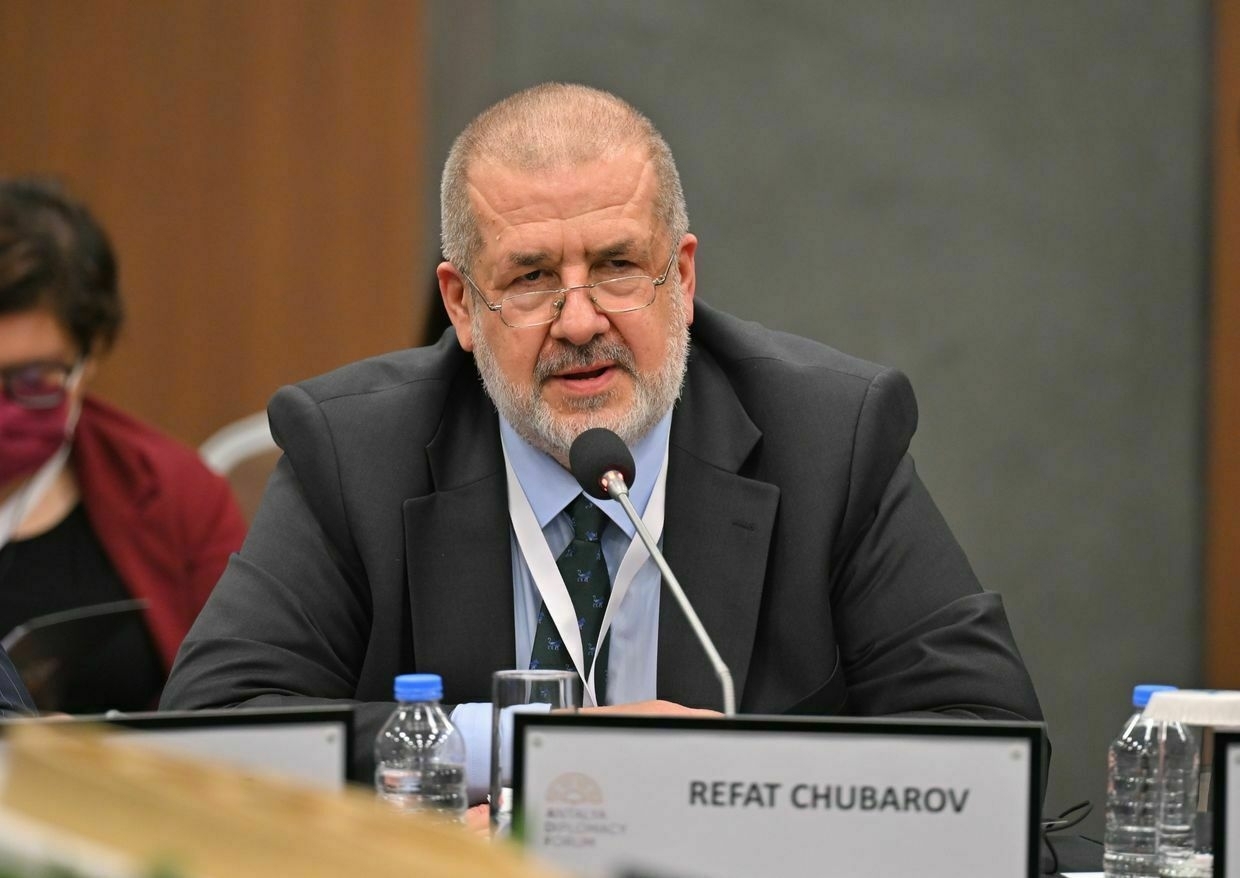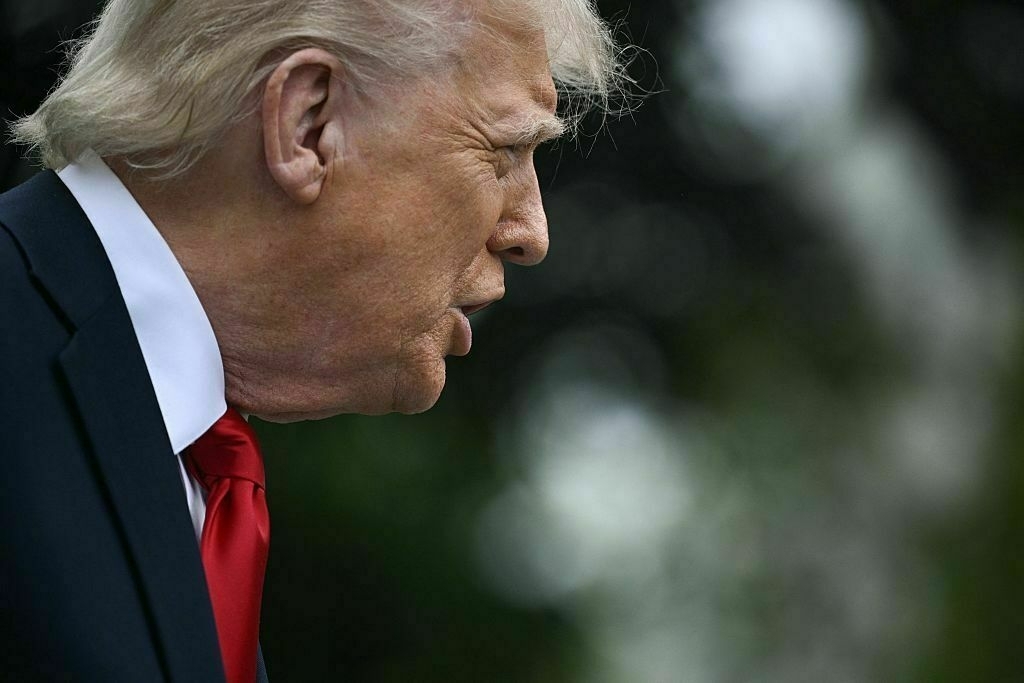
The Mejlis, the representative body of the Crimean Tatar people, will reject any international recognition of Russian-occupied Crimea as Russian territory, Refat Chubarov, the body’s chairman, said in a statement published on Facebook on April 22.
Crimean Tatars are the indigenous people of Crimea, a Ukrainian peninsula that has been under Russian occupation since 2014.
Chubarov’s statement comes amid reports that the recognition of Crimea as Russian territory is being considered as part of a U.S.-backed proposal to end the war in Ukraine.
Any move by the U.S. to recognize the peninsula as Russian would mark a break with a decade of bipartisan consensus in Washington and would violate international law.
Chubarov said the Mejlis' stance is grounded in international law and aligns fully with Ukrainian legislation.
“Crimea is the homeland of the indigenous Crimean Tatar people and an integral part of Ukraine. Accordingly, no one can decide the fate of Crimea under any circumstances, except for the Ukrainian state and the Crimean Tatar people,” he wrote.
Russia illegally annexed Crimea following a sham referendum held under military occupation and without international observers. For resisting Russian occupation, Crimean Tatars have come under harsh repression by the Russian occupation authorities.
Crimean Tatars are represented by the Mejlis, a high representative and executive body with 33 members, and the Kurultai, a national congress with 350 delegates.
Crimean Tatars, historically the majority on the peninsula before Russia's conquest in 1783, have faced widespread persecution under Russian rule.
Since 2014, Moscow has used intimidation, religious profiling, and politically motivated terrorism charges to suppress dissent among Crimean Tatars.
Many Crimean Tatars have joined Ukraine's Armed Forces since Russia's full-scale invasion in 2022, with some serving in the volunteer "Crimea" Battalion formed after the 2014 occupation.
Ukraine's response to the U.S. proposal is expected at a follow-up meeting in London on April 23. Washington has indicated it may withdraw from ceasefire efforts in the coming days if no progress is made.
Ukrainian lawmakers have also opposed the proposal. Oleksandr Merezhko, chair of Ukraine's parliamentary foreign affairs committee, warned that recognizing Russia's annexation of Crimea would have global consequences "much worse than Munich in 1938."
 The Kyiv IndependentAsami Terajima
The Kyiv IndependentAsami Terajima

